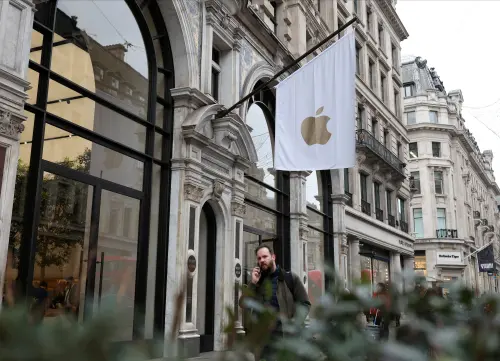Apple announced on Friday that it is discontinuing its Advanced Data Protection (ADP) encryption feature for cloud data in the UK. This change will impact iCloud backups in Britain, allowing Apple to access user data under certain conditions where ADP is disabled. This decision has raised concerns about user privacy and data security.
The move means that iCloud backups in the UK will no longer have end-to-end encryption, potentially making user data accessible to authorities. Andrew Crocker, of the Electronic Frontier Foundation, expressed concern about the loss of this privacy-enhancing technology for UK users.
While Apple has taken a firm stance against creating backdoors for governments, the removal of ADP is seen as a significant weakening of iCloud security for UK users. The data encrypted prior to the launch of ADP remains secure, but new data will not benefit from this level of protection.
The decision by Apple has stirred debate around the balance between privacy and law enforcement access to data. The UK's move to issue a Technical Capability Notice to Apple raises questions about user data privacy and government surveillance. Similar laws in other Commonwealth countries like Australia may mirror the UK's actions.
Apple's decision has not affected data encryption on its devices, but the ease of cloud backup access for UK authorities raises concerns for many users. While the change does not apply to existing users, they may be prompted to disable ADP themselves, leaving their data potentially vulnerable.
Responses from industry figures like Joseph Lorenzo Hall and Meredith Whittaker have criticized the UK's move as detrimental to cybersecurity and a threat to tech sectors. The decision also highlights the broader ongoing debate over encryption and user privacy rights.
The implications of Apple's decision to disable ADP for UK users are far-reaching, signaling a broader struggle between privacy advocates, tech companies, and government agencies over access to encrypted data.
